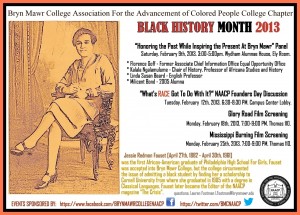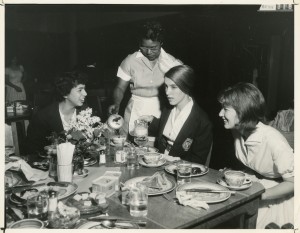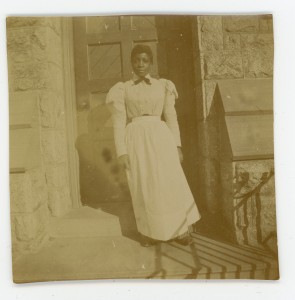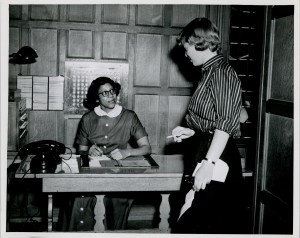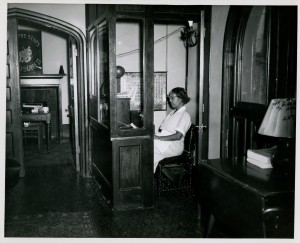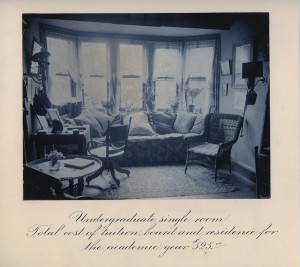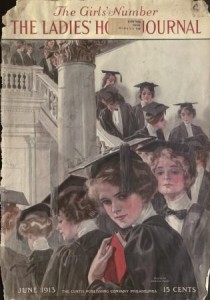 CALL FOR PAPERS AND PERFORMANCES
CALL FOR PAPERS AND PERFORMANCES
Forthcoming DRHA 2013 Conference:
University of Winchester
DRHA 2013: Digital Resources for the Humanities and Arts
Reconceptualising Digital Creativity; Re-mapping Behaviour,
Engagement and the way we Archive in the 21st Century;
Date: Sunday 21st July – Wednesday 24th July 2013.
The theme of this conference will focus on the need to
re-conceptualize the ways in which we engage with digital technology
in particular regard to the speed with which we are exposed to new
technologies. As societies around the world face fundamental
ecological, demographic and economic changes, we are forced to
re-evaluate our relationship with natural and digital resources. Also,
as the next generation of digital natives start to design new
interactive futures, the old paradigms of knowledge exchange, and
social interaction are making way for socialized gaming and crowd
sourcing. The focus for this conference will be to re-imagining new
and contemporary ways for designing digital engagement, looking at
possible events and social practices that lay just around the corner.
Interdisciplinary processes are assumed strategies in this conference
so that we can focus on how we can, using contemporary technology, map
the emerging digital and social landscape
· Assess and engagement
· Managing the shift demographically from passivity to interactivity
· Digital Architectonics, designing the future
· Generating subjective and objective understanding through a
performance paradigm
· Digital mobility; imaging, GPS and mobile technologies
· Somatics; mapping interior spaces
· Open sources and social mediation
· Digital mapping of new theories and territories
· Holography and communication
· Blurring the boundaries between performances inside and outside
· Mapping liminal and liminoid structures in new digital rituals
· Access to digital archives of the preservation local and global knowledge
· Interdisciplinarity, interactivity and performance
· Using digital resources in collaborative creative work, teaching and
learning and scholarship
· Dance and interactive technologies
· Mapping new model of business with reference to sustainability
· Virtual worlds, virtual robots and the gaming industry
There will be a selection of papers from the conference, which will be
published in an issue of the peer reviewed journal BST: Body, Space &
Technology this year.
For over 10 years Digital Resources in the Humanities and Arts (DRHA)
continues to be a key gathering for all those are influenced by the
digitization of cultural activity, recourses and heritage in the UK.
This includes: Scholars, teachers, artists, publishers, librarians,
curators or archivists who all wish to extend and develop access and
preservation regarding digitized information rendered from
contemporary culture and scholarship; the information scientist
seeking to apply new scientific and technical developments to the
creation, exploitation and management of digital resources.
Keynote speakers will include.
1. Janet H. Murray Professor – Graduate Program in Digital Media
School of Literature, Communication and Culture Georgia Institute of
Technology
2. Johnny (Sue) Golding is the BIAD Professor of Philosophy & Fine Art
and Director of the Centre for Fine Art Research (CFAR), The School of
Art, Birmingham City
3. Robert Pratten co-founder and Managing Director at Transmedia
Storyteller Ltd
4. Dr Hugh Denard – Assistant Professor in Digital Arts and
Humanities, Trinity College Dublin
We invite original papers, panels, installations, performances,
workshop sessions and other events that address the conference theme,
with particular attention to the theme of ‘Re-mapping Behaviour,
Engagement and the way we Archive’. We encourage proposals with
innovative and non-traditional session formats.
Short presentations, for example work-in-progress, are invited for
poster presentations. Anyone wishing to submit a performance or
installation should visit the conference Website. Details will be
posted soon on the conference website www.winchester.ac.uk/DHRA
For information about the spaces and technical equipment and support
available, please check the website for details. All the proposals,
whether papers, performance or poster presentation, should reflect the
critical engagement that lies at the heart of DRHA.
Proposal to post on the Softconf website: http://www.softconf.com
The deadline for submissions will be 31 March 2013. Abstracts should
be between 600 – 1000 words. Letters of acceptance will be sent by
15th of May 2013, when the conference registration will be opened.
Conference Fees
Accommodation with en-suite facilities our outline pricing for
delegates are as follows:
· Full conference fee with en-suite accommodation (Incl. Accommodation
& all meals £390
· Conference fee without accommodation (excl. conference dinner) £180
· Conference fee without accommodation (incl. conference dinner) £190
Day Delegates
· Sunday 21st July £40
· Monday 22nd July £60
· Tuesday 23rd (excl. conference dinner) £60
· Tuesday 23rd (incl. conference dinner) £70
· Wednesday 24th July £40
Discounted Postgraduate Fees
· Full Conference with en-suite accommodation (University Room) £260
· Sunday 21st July £30
· Monday 22nd July £40
· Tuesday 23rd (excl. conference dinner) £40
· Tuesday 23rd (incl. conference dinner) £50
· Wednesday 24th £30
Dr Olu Taiwo
DRHA 2013
 The deadline for sending in Contributions for the 3rd Infoviz workshop of Nedimah has been changed to the the 21/2 at 13.00.
The deadline for sending in Contributions for the 3rd Infoviz workshop of Nedimah has been changed to the the 21/2 at 13.00.
